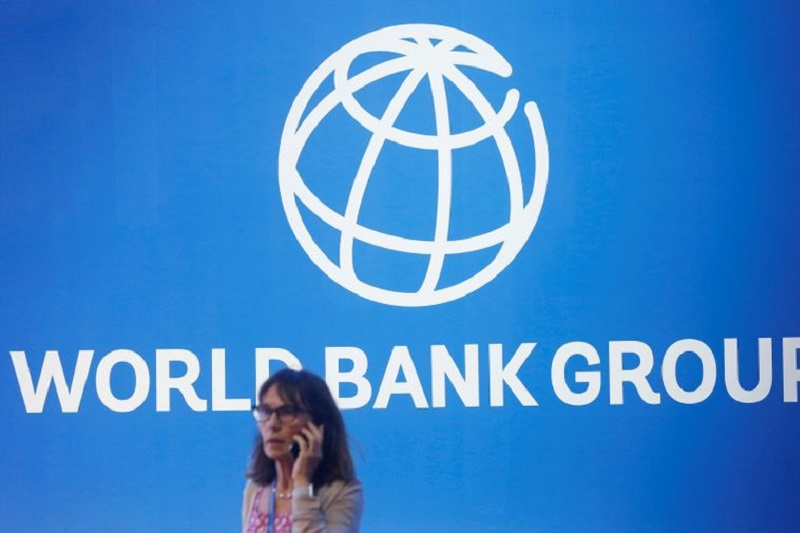By Liz Moyer
Investing.com -- The global economy will slow this year as high inflation keeps alive the risk of a recession, according to the latest assessment by the World Bank.
Global growth is forecast to slow to 1.7% this year, after estimating last June that it would grow at a 3% rate in 2023.
The lower rate, if it comes to pass, would make this year among the weakest years for growth in three decades, ranking third worst after only the financial crisis in 2009 and the downturn in 2020 at the start of the pandemic.
The downturn was expected to be widespread. The 2023 forecast is revised down for 95% of advanced economies and 70% of emerging market and developing economies, the World Bank said.
“The crisis facing development is intensifying as the global growth outlook deteriorates,” said World Bank Group President David Malpass. “Emerging and developing countries are facing a multi-year period of slow growth driven by heavy debt burdens and weak investment as global capital is absorbed by advanced economies faced with extremely high government debt levels and rising interest rates.”
Malpass added in a statement from the bank that weakness in growth and business investment “will compound the already-devastating reversals in education, health, poverty, and infrastructure and the increasing demands from climate change.”
Prominent Wall Street bankers are also warning of a possible downturn ahead. JPMorgan’s CEO Jamie Dimon said in a television interview on Tuesday that the Federal Reserve may have to move rates to 6% in its fight against inflation. Officials from the Fed have indicated rates could rise above a 5% forecast from last year.
Goldman Sachs CEO David Solomon said in December that there is a risk of recession. The bank is expected to start cutting jobs this week amid a slump in deal activity.
In advanced economies, growth is expected to slow to 0.5% in 2023 from 2.5% in 2022, the World Bank said, noting that over the past 20 years, slowdowns of that scale have foreshadowed a global recession. U.S. growth is forecast to fall to 0.5%, the weakest outside of official recessions since 1970, the bank said.
